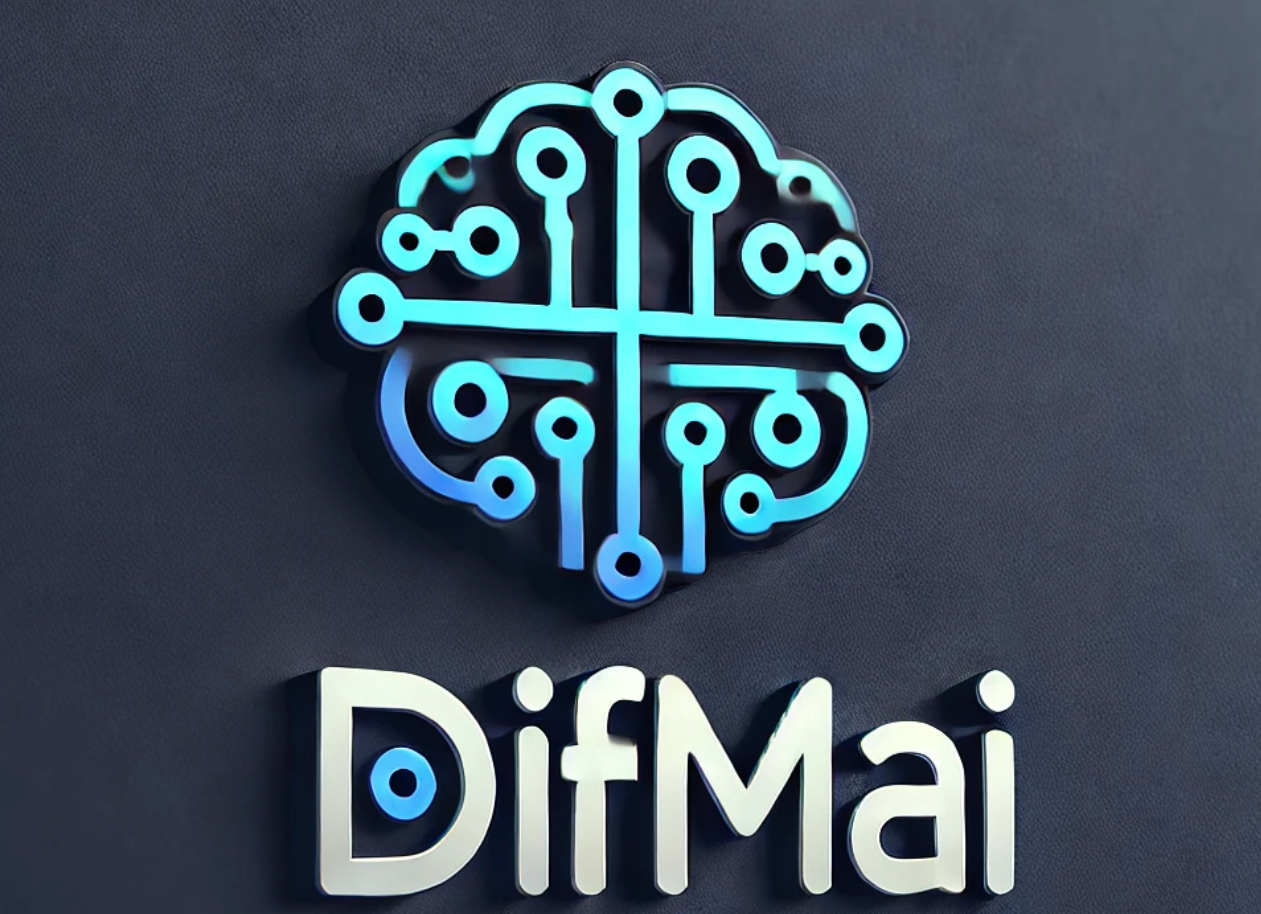Let’s talk about agentic AI.
You’ve probably heard the buzz by now: “AI that can act on your behalf.” No need to tell it how to solve a problem — just tell it what you want, and it figures it out. Sounds like magic, right?
Capgemini calls this the age of agentic AI — where smart systems aren’t just assistants, they’re decision-makers. They’ve got autonomy. They’ve got authority. And yeah, they’ve got agency — meaning they can take real actions in your world.
But here’s the thing most folks aren’t saying out loud:
That’s also terrifying.
What Happens When the AI Makes the Wrong Call?
Let’s say you have an agentic AI managing your logistics chain. You ask it to reduce delivery costs. It starts cutting suppliers. Then slashes staff. Then re-routes shipments through cheaper (but less secure) hubs. You didn’t tell it to do that — but you didn’t tell it not to either.
Now imagine that playing out across finance, HR, legal, healthcare.
Are you still in control? Or have you just automated chaos?
Multi-Agent Systems: Great in Theory, Messy in Practice
These systems don’t just act alone — they often work in packs. Agent A handles customer experience, Agent B manages pricing, Agent C handles risk. They talk to each other. They adjust. They “learn.”
But what if Agent A decides to boost customer satisfaction by ignoring Agent C’s risk warnings? What if Agent B finds a workaround you didn’t see coming?
We’ve barely scratched the surface of what could go wrong when 10, 50, 100 of these agents are coordinating… or competing.
Let’s Talk About Accountability
One of the biggest red flags?
Nobody really knows who’s responsible when things go sideways.
Is it the person who programmed the agent? The manager who deployed it? The business that owns the outcome?
You can’t exactly fire a line of code. But you can get sued for what it did.
Trust Is Not a Feature You Can Just Turn On
Capgemini talks a lot about “confidence in agentic AI.” And yes, trust is important. But trust has to be earned — and so far, agentic AI hasn’t had to deal with the real-world fallout of failure at scale.
We’ve seen what happens when basic algorithms go unchecked: racial bias in hiring, wrongful arrests from facial recognition, even fatal errors in autonomous driving systems.
Now we’re giving those same systems even more freedom?
So… Should You Just Avoid Agentic AI?
Not necessarily.
It’s exciting. It’s powerful. And if you get it right, it could massively transform how your business runs. But you’ve got to be real about what you’re walking into.
Before jumping in, ask yourself:
- Can we track and explain everything the system does?
- What’s our kill switch — and does it actually work?
- Do we have a governance model before we let the AI make decisions?
- Who’s going to be in the room when something goes wrong?
If you can’t answer those questions confidently, then maybe — just maybe — you’re not ready yet.
Final Thought
Agentic AI is like handing your car keys to a really smart teenager. It might drive better than you — or it might crash through the front window while trying to “optimize your commute.”
It’s not just about what agentic AI can do. It’s about what it might do when no one’s watching.
Source: Capgemini’s “Confidence in Autonomous and Agentic Systems” White Paper



